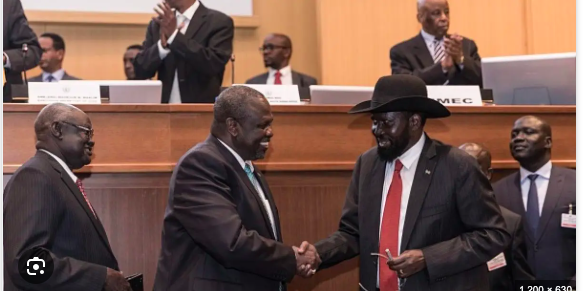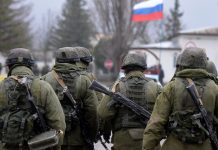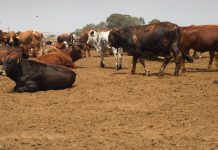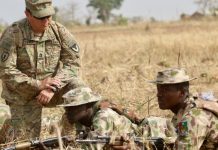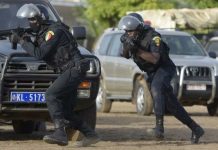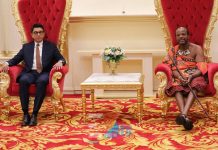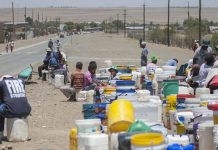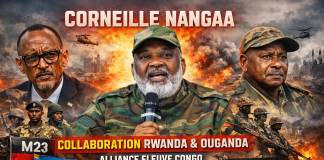
/
RSS Feed
The fragile peace keeping South Sudan from descending back into civil war is rapidly unraveling, following dramatic political developments that threaten to plunge the world’s youngest nation into renewed conflict.
This week, tensions exploded after First Vice President Riek Machar was formally charged with treason, murder, and crimes against humanity. His removal from the transitional government has sparked a furious backlash from his opposition party, the SPLM-IO, which is now openly calling for regime change.
Treason Charges and Rising Tensions
Machar, who has been under house arrest for months, was accused of orchestrating a deadly militia attack in Nasir County, Upper Nile State, in March. The assault, allegedly carried out by the Nuer ethnic militia known as the White Army, reportedly killed more than 250 government soldiers.
The government’s decision to press charges and expel Machar from his role in the unity government—formed under the 2018 peace agreement—marks a dramatic escalation in a country still reeling from the aftermath of a five-year civil war that claimed nearly 400,000 lives.
Opposition Decries “Dictatorship”
Machar’s party, the SPLM-IO, has strongly denied any involvement in the Nasir attack, calling the charges politically motivated. In a statement released by acting chairman Oyet Nathaniel Pierino, the group accused President Salva Kiir’s administration of undermining the peace deal and using the judiciary to eliminate political rivals.
“The current regime is a construct of dictatorship, peace disruptors, and state capture,” the statement read. It urged supporters to enlist for “National Service in defense of the citizens and the nation” and vowed to “strive to bring about regime change.”


